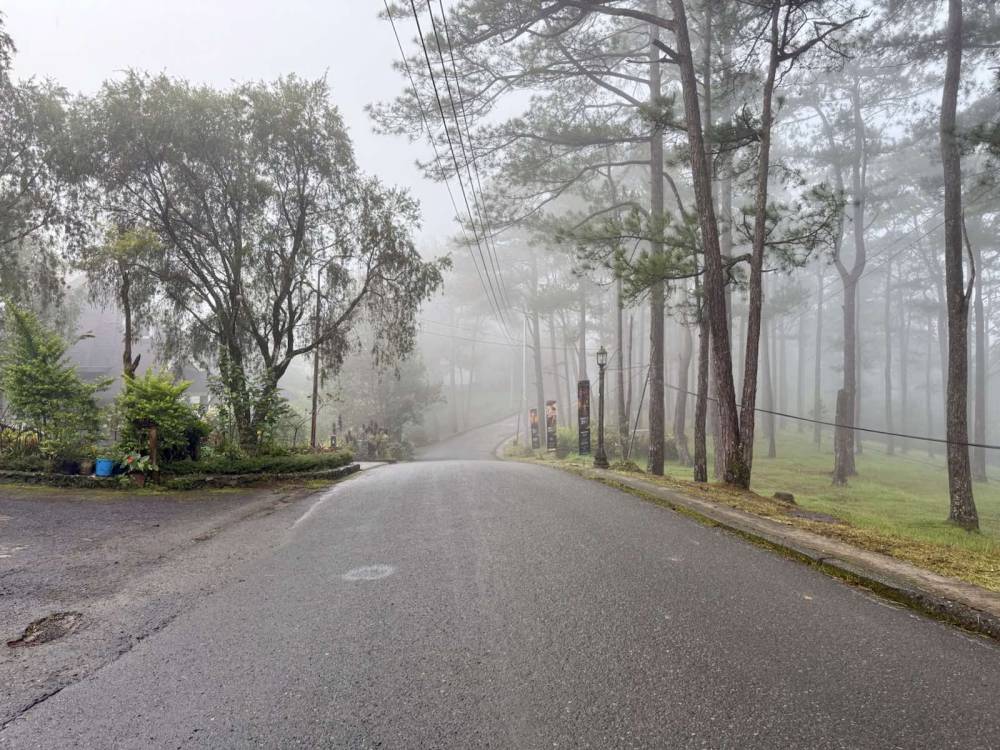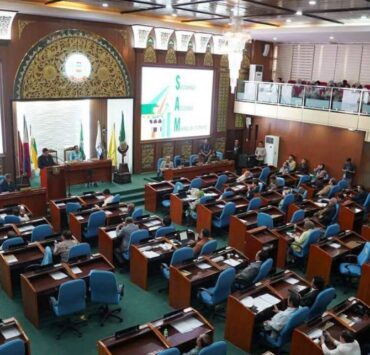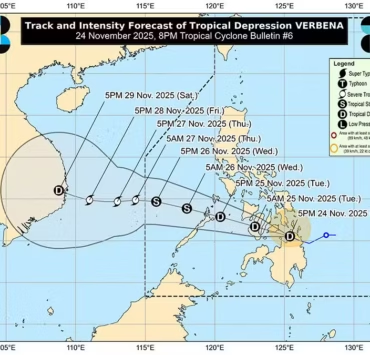Baguio eyes BCDA suit to take back John Hay, collect dues

BAGUIO CITY—The local government is preparing to sue the administrator of Camp John Hay to press for unpaid rental shares—and possibly to take control of the former American recreational base land—as stipulated by 19 conditions set in 1994 by Baguio before it approved the area’s commercialization, Vice Mayor Faustino Olowan said on Monday.
The city council is preparing a measure to grant Mayor Benjamin Magalong the authority to pursue lawsuits against the Bases Conversion and Development Authority (BCDA) for its alleged failure to fulfill conditions enumerated in Baguio Resolution No. 362, series of 1994, which the BCDA accepted in exchange for the city’s endorsement of a master development plan used to develop a tourist estate on an initial 280 hectares (ha) of what was originally the 570-ha base land and forest reservation.
The revised City Charter of Baguio (Republic Act No. 11689) now placed at 625 ha the total land area of Camp John Hay.
The conditions set in 1994 were the outcome of public consultations a year after residents strongly protested a 1993 agreement between the national government and Taiwan-based Tuntex Co. Ltd. to turn “Club John Hay” into a theme park attraction.
Based on Baguio public input, the city council laid down 19 demands, among them the exclusion of 14 barangays found inside the John Hay reservation—of which only Barangay Scout Barrio has been partly segregated (condition 14); a prohibition on gambling operations, particularly casinos (condition 2); stipulations in conditions 1 and 19 requiring that base land operations secure permits from the City Hall; a 25-percent share from rent paid by a developer (condition 10); and a 4-percent share from John Hay’s gross income (condition 9).
Magalong first announced the decision to bring the BCDA to court following an executive session with the city council on Nov. 19.
“We have exhausted all administrative remedies, and [the city government has] sent four demand letters without receiving any clear indication that they are willing to engage with us,” said Magalong, as quoted by the city’s public information office.
Fresh dialogues
The BCDA last met with city officials on Nov. 3, when BCDA lawyer Christian Duldulao and lawyer Mary Ellen Cabuhat, legal officer of the subsidiary John Hay Management Corp., attended a council session where they committed to fresh dialogues to be facilitated by a technical working group.
The initial lawsuit could potentially be a debt-collection case, Olowan told reporters after leading Monday’s flag-raising ceremony.
According to the city finance team, the BCDA has yet to remit P56.8 million of Baguio’s entitlement to gross shares, as well as a P168.6-million balance from its rent share.
Remittances stalled after the developer Camp John Hay Development Corp. (CJHDevco) ceased rent payments amid a contractual dispute with the BCDA that began in 2012.
Last year, the Supreme Court ended the feud by reinstating a 2015 arbitral decision that voided the John Hay contract and allowed the BCDA to take control of all developed properties inside John Hay.
The high court acknowledged the validity of the 19 conditions, which it cited in a Feb. 22, 2023, ruling stating that businesses operating inside Camp John Hay were not exempt from securing business licenses and other permits from the Baguio government if these enterprises were not registered with the Philippine Economic Zone Authority. The John Hay Special Economic Zone is governed by the BCDA.
Assertion
A crucial test of Resolution 362 is Baguio’s assertion of condition 16 before the courts, Olowan said.
This condition requires the national government to surrender all developed properties at the 240-ha John Hay Special Economic Zone to the Baguio government at the conclusion of a 1996 development lease won by CJHDevco—a consortium now fully owned by businessman Robert John Sobrepeña.
Resolution 362 states: “BCDA shall effect the transfer of ownership of the land and its built-up and improved structures within the Zone to the Baguio City government upon the expiration of the land-lease agreement between the BCDA and its designated developer.”
Although the lease was the subject of a prolonged legal battle, the contract itself lapsed in 2021, or three years before the Supreme Court resolved the dispute, Olowan said.
The council will discuss on Dec. 1 the mayor’s request for authorization to sue the BCDA.
The BCDA has yet to respond to the city’s legal plans. In previous meetings and interviews, the agency said it continues to abide by Resolution 362 but has sometimes been constrained by law.

















